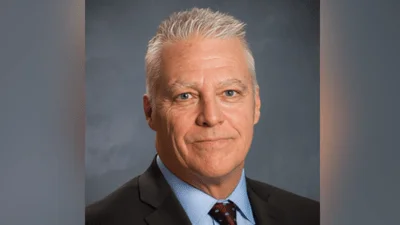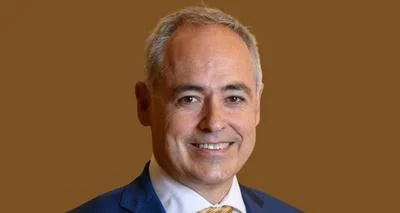Sen. Craig Wilcox (R-McHenry) | Craig Wilcox/Facebook
Sen. Craig Wilcox (R-McHenry) | Craig Wilcox/Facebook
State Sen. Craig Wilcox (R-McHenry) is skeptical of Gov. J.B. Pritzker’s upcoming budget address and the issue of raising taxes.
“Illinois needs tax relief now and it needs to be permanent, not the one-time election-year gimmicks we will hear from the governor on Wednesday when he gives his State of the State and Budget Address,” Wilcox posted on Facebook.
Wilcox’s words come in the wake of Senate Republicans announcing a package of tax reform proposals they say are designed to provide residents with ongoing, substantive relief.
Wilcox isn’t alone in making his feelings known to the public.
“What they need is true, long-lasting tax relief that gets our state on the right track,” said Senate Republican Leader Dan McConchie (R-Hawthorn Woods). “People continue to be taxed out of this state. Short-term solutions will not fix that.”
As part of the proposed tax relief package, Republican lawmakers are pushing for reforms they say help address inflation. These changes include the elimination of the state’s 1% sales tax on food and prescription drugs.
Republican lawmakers are also calling for an increase in the state’s property tax income tax credit, with the plan being proposed to raise the tax credit from 5% to 10%. The plan also paves the way for voters impacted by the Property Tax Extension Limitation Law (PTELL) to go to referendum to reduce their property taxes.
“It is no secret to anyone that property taxes have been a serious, long-standing issue that many Illinoisans continue to face,” Wilcox posted on his website. “For years, Illinois politicians have promised to provide property tax relief, and we intend to keep that promise.”
Since Pritzker took office roughly three years ago, Illinois Policy Institute reports residents have been saddled with at least $5.24 billion in added costs stemming from the 24 new or increased taxes and fees he has supported. As recently as in 2019, the state was home to the10th highest tax burden in the country, with over 11% of residents’ income going to state and local taxes.






 Alerts Sign-up
Alerts Sign-up